100 Greatest Cult Films
100 Greatest Cult Films
Christopher J. Olson
ROWMAN & LITTLEFIELD
Lanham Boulder New York London
Published by Rowman & Littlefield
An imprint of The Rowman & Littlefield Publishing Group, Inc.
4501 Forbes Boulevard, Suite 200, Lanham, Maryland 20706
www.rowman.com
Unit A, Whitacre Mews, 26-34 Stannary Street, London SE11 4AB
Copyright 2018 by The Rowman & Littlefield Publishing Group, Inc.
All rights reserved . No part of this book may be reproduced in any form or by any electronic or mechanical means, including information storage and retrieval systems, without written permission from the publisher, except by a reviewer who may quote passages in a review.
British Library Cataloguing in Publication Information Available
Library of Congress Cataloging-in-Publication Data
Names: Olson, Christopher J. author.
Title: 100 greatest cult films / Christopher J. Olson.
Other titles: One hundred greatest cult films
Description: Lanham : Rowman & Littlefield, 2018. | Includes bibliographical references and index.
Identifiers: LCCN 2017047078 (print) | LCCN 2017054104 (ebook) | ISBN 9781442211049 (electronic) | ISBN 9781442208223 (cloth : alk. paper)
Subjects: LCSH: Cult filmsHistory and criticism. | Sensationalism in motion pictures.
Classification: LCC PN1995.9.C84 (ebook) | LCC PN1995.9.C84 O47 2018 (print) | DDC 791.43/653dc23
LC record available at https://lccn.loc.gov/2017047078
 The paper used in this publication meets the minimum requirements of American National Standard for Information SciencesPermanence of Paper for Printed Library Materials, ANSI/NISO Z39.48-1992.
The paper used in this publication meets the minimum requirements of American National Standard for Information SciencesPermanence of Paper for Printed Library Materials, ANSI/NISO Z39.48-1992.
Printed in the United States of America
For Joe,
my cult movie soul brother
Acknowledgments
First and foremost, I need to thank my devoted partner (and most loyal proofreader), CarrieLynn Reinhard, for all her help and support during the writing of this book. Thank you so much for always believing in me, and for sticking by me through the good times and the bad. I love you, Princess, and could not have done this without you. I also need to thank Bob Batchelor for helping set up this project in the first place. Without your guidance and encouragement, I never would have gotten the opportunity to write this book. Thanks also to Stephen Ryan at Rowman & Littlefield for giving me the chance to write an entire tome about one of my favorite subjects. In addition, Jim Barg, Joe Belfeuil, Frank Beno Jr., Sheela Cheeong, Jennifer Dunn, Keith Fordyce, Tyler Foster, Chris Loseke, Jimmy Manning, Gabe Powers, Patrick Ripoll, Lara Stache, Clelia Sweeney, and Kathleen Turner all deserve my gratitude, because they each offered valuable feedback throughout the writing process. Finally, I want to thank everyone involved in the creation of the cult films discussed in this book, because without them the world would have missed out on hundreds of hours of outrageous entertainment.
Introduction
What is a cult film? This question has no easy answer, because cult means different things to different people. For some, the term conjures up images of offbeat and/or gory movies like Eraserhead or The Evil Dead . For others, it refers to films that developed a passionate and devoted following in the years after their release. While the term is difficult to define, the truth is that any movie can inspire devotion among audiences and thereby become a cult film. At the time of this writing, Wikipedia s entry on cult cinema links to a crowdsourced list of nearly 1,750 films, which continues to grow as more cult movies are released or discovered. More importantly, the list demonstrates the various ways that people define cult , because it includes everything from well-regarded classics like 2001: A Space Odyssey and Double Indemnity to little-seen oddities like Meet the Feebles and Pulgasari . In any event, this broad definition of cult and the wide array of films to which the term applies makes compiling a list of the 100 greatest cult films quite difficult.
Yet this was the task I set for myself when I embarked on this project. As a lifelong film fanatic with a deep and abiding love of cult cinema, I jumped at the chance to write a book about one of my favorite subjects. Despite (or perhaps because of) my enthusiasm for the project, I found putting together my final list much more difficult than I initially expected; the standard definition of cult remains so vague and encompasses such a wide variety of films that I had a hard time deciding which movies to include and which ones to leave out. Therefore, I had to come up with my own working definition of cult film that would guide my choices and provide readers with a clear understanding of why some films made the cut and others did not. To accomplish this, I looked at how others had defined cult throughout history to understand why some movies inspired such rabid devotion from audiences.
The term cult film first emerged in the 1970s and was used to describe midnight movies and underground film culture. Since then, scholars, critics, and film fans have come up with several definitions of cult , each one different from the last, and they have applied these definitions to a broad spectrum of films. For some people, a movie only needs to acquire a loyal cult following to qualify as cult. Others, meanwhile, focus on obscure or transgressive films ignored by conventional audiences, and exclude major studio releases and films that gain acceptance with mainstream audiences and critics. Still others reject prefabricated cult movies (such as Snakes on a Plane or Sharknado ). Even this small sampling should give you an idea of the difficulty of defining the term cult , which becomes compounded by the fact that so many different types of movies have earned reputations as cult films.
As mentioned earlier, cult films include everything from major studio releasesparticularly notorious box office bombs like Dune or Heavens Gate to lesser-known independent efforts that challenge or subvert mainstream sensibilities, such as Flesh for Frankenstein and Nekromantik . Other times, so-called bad movies might develop a rabid cult of viewers who appreciate the film ironically, like Samurai Cop and Birdemic: Shock and Terror . Regardless of why people enjoy them, cult films tend to resonate with fans because they include memorable characters, shocking scenes, and quotable dialogue, as in films like Monty Python and the Holy Grail (Run away!) and Mommie Dearest (No... wire... hangers!). Finally, while some genres are more prone to develop cults than othersfor instance, horror, science fiction, and comedy films often earn cult followings to a much greater degree than other types of moviescult films encompass all genres, and they frequently mix several different genres in a single movie, such as Miracle Mile (action, drama, romance, science fiction, thriller) and Near Dark (action, crime, drama, horror, romance, thriller, western). This means there are many different types of cult films that appeal to a wide variety of tastes.
Whatever their origin, cult films usually attract a small but passionate audience, like the one that grew up around The Rocky Horror Picture Show . This limited appeal likely explains why cult films inspire such devotion among audiences; viewers sometimes see these films as a form of rebellion against mainstream society and culture, and use them to connect with other members of a like-minded community. Cult film fans tend to see themselves as outsiders and nonconformists, and as such they gravitate toward unconventional or controversial films that challenge or disrupt traditional understandings of narrative and technical conventions. In addition, cult films are often flawed or unusual in a way that sets them apart from the more technically proficient films that dominate the mainstream box office in the United States and elsewhere. Many cult films seem revolutionary because they include the sort of shocking characters, offbeat sensibilities, and subversive content that major studio productions tend to ignore. Also, as previously stated, cult films sometimes use gore and other shocking elements to upset or challenge the somewhat delicate sensibilities of conventional audiences.
Next page
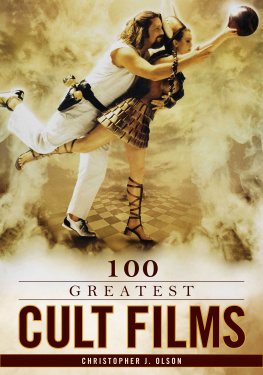

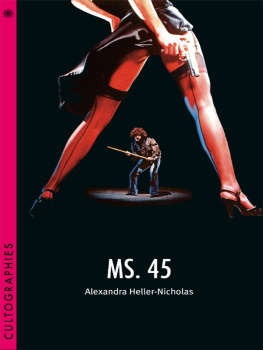
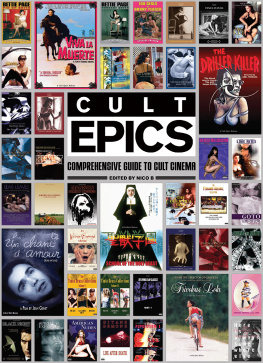
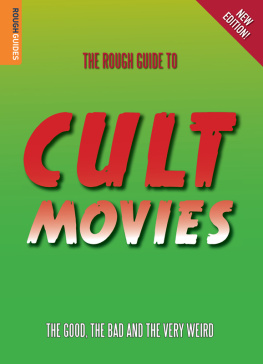
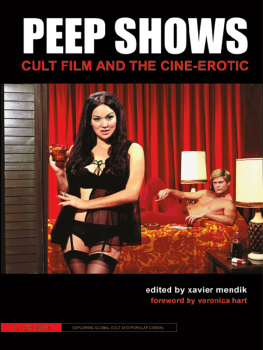
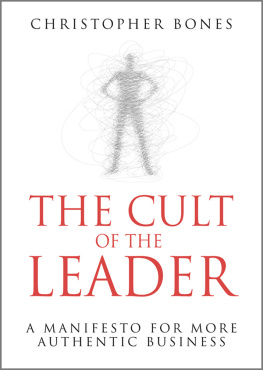
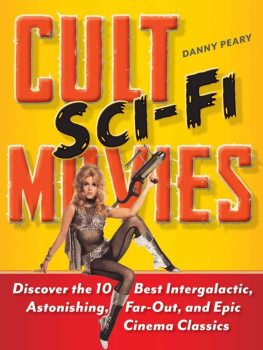
 The paper used in this publication meets the minimum requirements of American National Standard for Information SciencesPermanence of Paper for Printed Library Materials, ANSI/NISO Z39.48-1992.
The paper used in this publication meets the minimum requirements of American National Standard for Information SciencesPermanence of Paper for Printed Library Materials, ANSI/NISO Z39.48-1992.